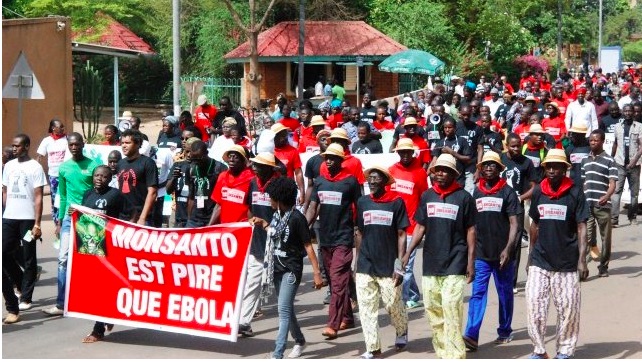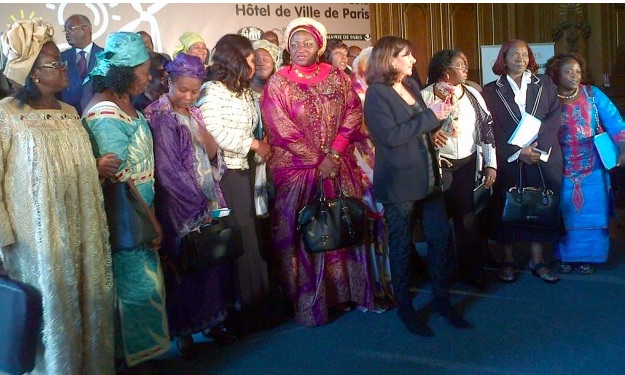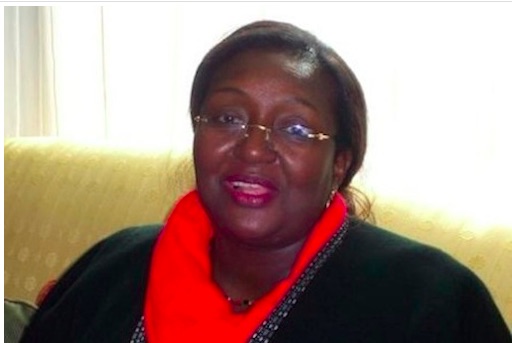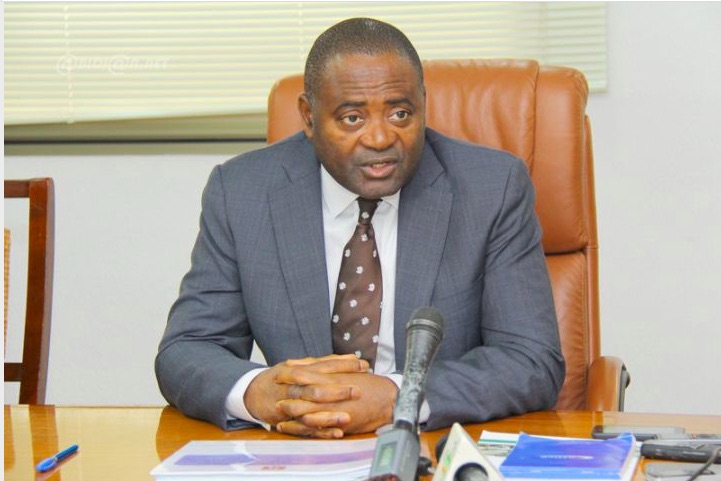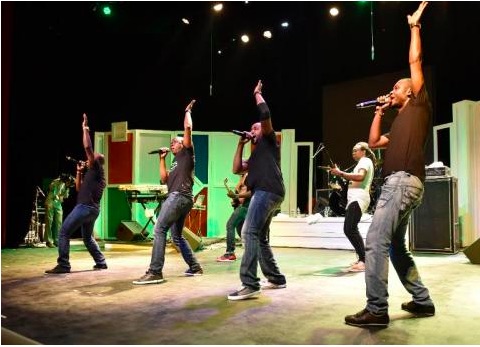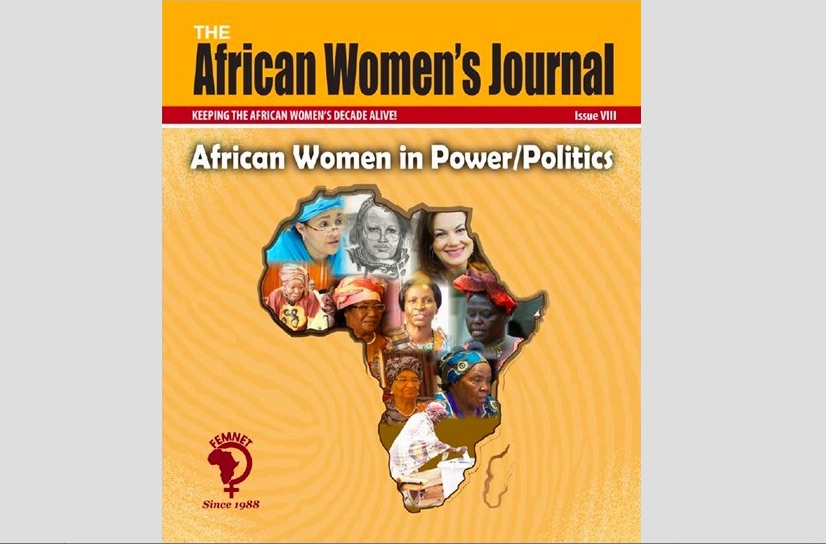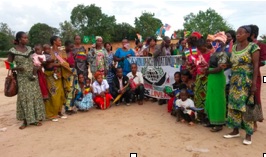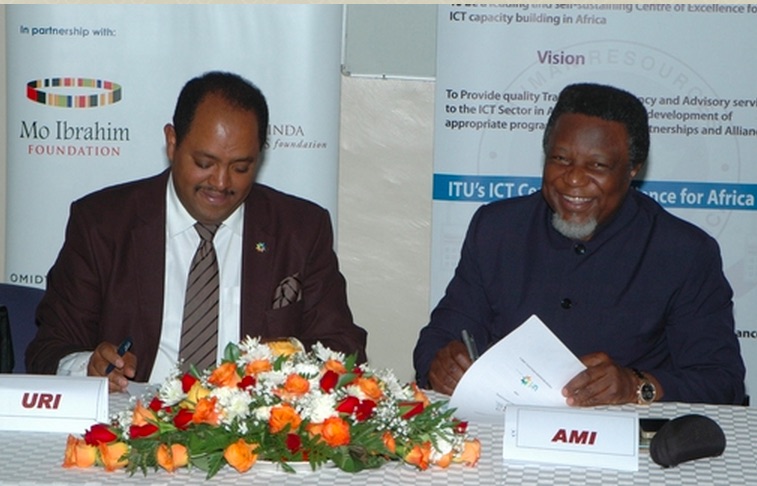. SUSTAINABLE DEVELOPMENT .
An article by Antonio C. S. Rosa, editor – TRANSCEND Media Service
Climate justice advocates, community peoples and mass movements’ representatives met in Maputo, Mozambique from 21-23 April 2015 to consider the roots, manifestations and impacts of climate change on Africa and to consider needed responses to the crises.
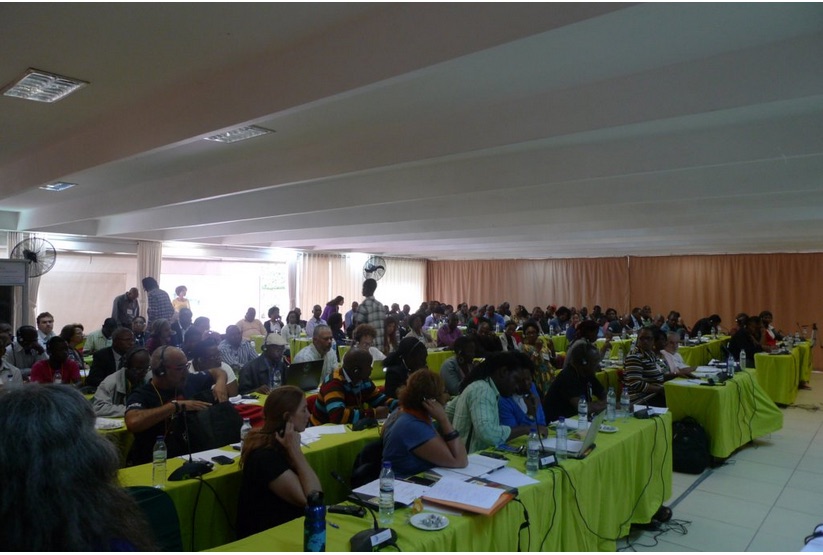
Click on photo to enlarge
Photo by Radio Mundo Real
At the end of the deliberations it was agreed that Africa is disproportionately impacted by the climate crisis although she has not significantly contributed to the problem. The conference also noted that the climate crisis is systemic in nature and is a result of defective economic and political systems that require urgent overhaul. In particular, the meeting considered that Africa has been massively plundered over the centuries and continues to suffer severe impacts from resource exploitation and related conflicts.
The meeting noted that the Africa Rising narrative is based on the faulty premises of neoliberalism using tools like discredited measures of GDP and is presented as a bait to draw the continent deeper into extractivism and to promote consumerism.
The meeting further noted human and environmental rights abuses on the continent, as well as the ecological, economic, financial crises, all adversely affect her peoples and impair their capacity to adapt to, mitigate impacts and build collective resilience to climate change.
The meeting frowned at the widening gap between our governments and the grassroots and the increasing corporate capture of African governments and public institutions. These constitute obstacles to the securing climate justice for our peoples.
The long walk to climate justice requires mass education of our populace, as well as our policy makers, on the underpinnings of the climate crisis, the vigorous assertion of our rights and the forging ahead with real alternatives including those of social and political structures and systems. It also demands collective and popular struggles to resist neo-colonialism, new forms of oppression and new manifestations of violence including criminalisation of activists and social movements, and xenophobia. We recognise that as climate change worsens, it will increase the resource crunch and migrations and will lead to more conflicts between people. We also recognise that the exploitation of migrant labour by corporations often leads to conflicts between neighbouring countries.
With justice and equality as the irreducible minimum, the conference further noted and declared as follows:
All nations must act together to ensure that global average temperature rise does not go beyond 1.5 degrees Celsius above preindustrial levels as anything beyond that will mean a burning of Africa.
In Paris COP21, we demand that African governments defend positions that benefit Africans not the World Bank or corporations.
We reject carbon markets, financialisation of land and natural resources, consumerism and commodification of nature, and all forms of carbon slavery.
We reject all false solutions to climate change including, Reducing Emissions from Deforestation and forest Degradation (REDD), industrial tree plantations, genetic engineering, agrofuels and geoengineering, noting, for example, that clean coal does not exist.
We reject the false notion of “green economy” that is nothing but a ploy to commodify and hasten the destruction of nature.
Renewable energy that is socially controlled must be promoted across the continent.
We call for the creation of financial systems that promote and facilitate clean energy options including by supporting subsidies, facilitated loans, research and development.
We demand an end to financial systems built on extensive subsidies, externalisation of costs, over-optimistic projections, and corruption.
We resolve to work towards reclaiming energy as a public good that is not for profit and reject corporations-driven energy systems.
We say no to mining as we lived better without extreme extractive activities.
Our land is our present and our future livelihood and we reject land grabbing in all its forms including particularly for so-called “investment” projects that are setting the path beyond land grabbing to a full continent grab.
(Continued on right side of page)
Question for this article:
What is the relation between the environment and peace?
(Article continued from left side of page)
There must be full, transparent and prior informed consent of communities before the use of their lands for any sort of projects.
In all cases the welfare of local communities and our environment must come be prioritised over the profits of investment companies.
In line with the above and through other considerations, the conference demands as follows:
Governments must ensure that the energy needs and priorities of local households, local producers and women – including with regard to social services, transport, health, education and childcare – should be privileged over those of corporations and the rich.
We demand that no new oil exploration permits or coal mines should be granted in order to preserve our environment and to keep in line with demands by science that fossil fuels be left in the ground if we are to avoid catastrophic climate change.
We call for and support public and social control of the transition to renewable energy, including by community-based cooperatives, civil society collectives and the provision of local level infrastructure.
Governments must dismantle the barriers of privilege and power including those created and reinforced by financial institutions such as the International Monetary Fund (IMF) and the World Bank.
We demand urgent technology transfer for clean energy production, the abolishment of intellectual property and increased research and development funds to tackle climate change.
We demand full recognition of local community knowledge of forests, food production, medicinal and cultural uses of land and forests; funding of research in this area and use as part of the public education system.
We demand an urgent transition from dirty energy forms to clean energy systems while ensuring that workers are properly equipped and provided with new healthy jobs created by this shift.
Governments must support agro-ecological food production in the hands of small scale producers, prioritise food production over cash crops in order to promote food security in the context of food sovereignty.
Governments to ensure the protection and recognition of farmers’ rights to save, sell and exchange their seeds while rejecting genetic engineering and synthetic biology, including of those seeds manipulated and presented as being climate smart.
Ensure access, security, control, and right to use land for women. We recognise land as a common good.
Tree plantations must not be misrepresented as forests and trees must not be seen simply as carbon stocks, sinks or banks.
Community forest management systems should be adopted across the continent as communities have a genuine stake in preserving the health of forests.
The right to clean water should be enshrined in the constitutions of all African countries.
Governments must halt the privatisation of water and restore public control in already privatised ones.
Governments should halt the building of big dams, other mega structures and unnecessary infrastructure.
Governments should be responsible for holding corporations accountable for all environments degraded by ongoing or historical extractive and other polluting activities. Corporations who have created this contamination must pay to clean it up, but their payment does not constitute ownership of these environments.
Governments to ensure the cost of social and health ills by using energy derived from fossil fuels are not externalised to the people and the environment.
Governments must take up the responsibility of providing hospitals, schools and other social services and not leave these for corporations to provide as corporate social responsibility or other green washing acts.
Conference participants resolved to work with other movements in Africa and globally for the overturning of the capitalist patriarchal system promoted and protected by the global financial institutions, corporations and the global elite to secure the survival of humans and the rights of Mother Earth to maintain her natural cycles.
Signed by: All the civil society organisations, representatives of social movements and communities from Mozambique and southern Africa, and students present at the meeting.
